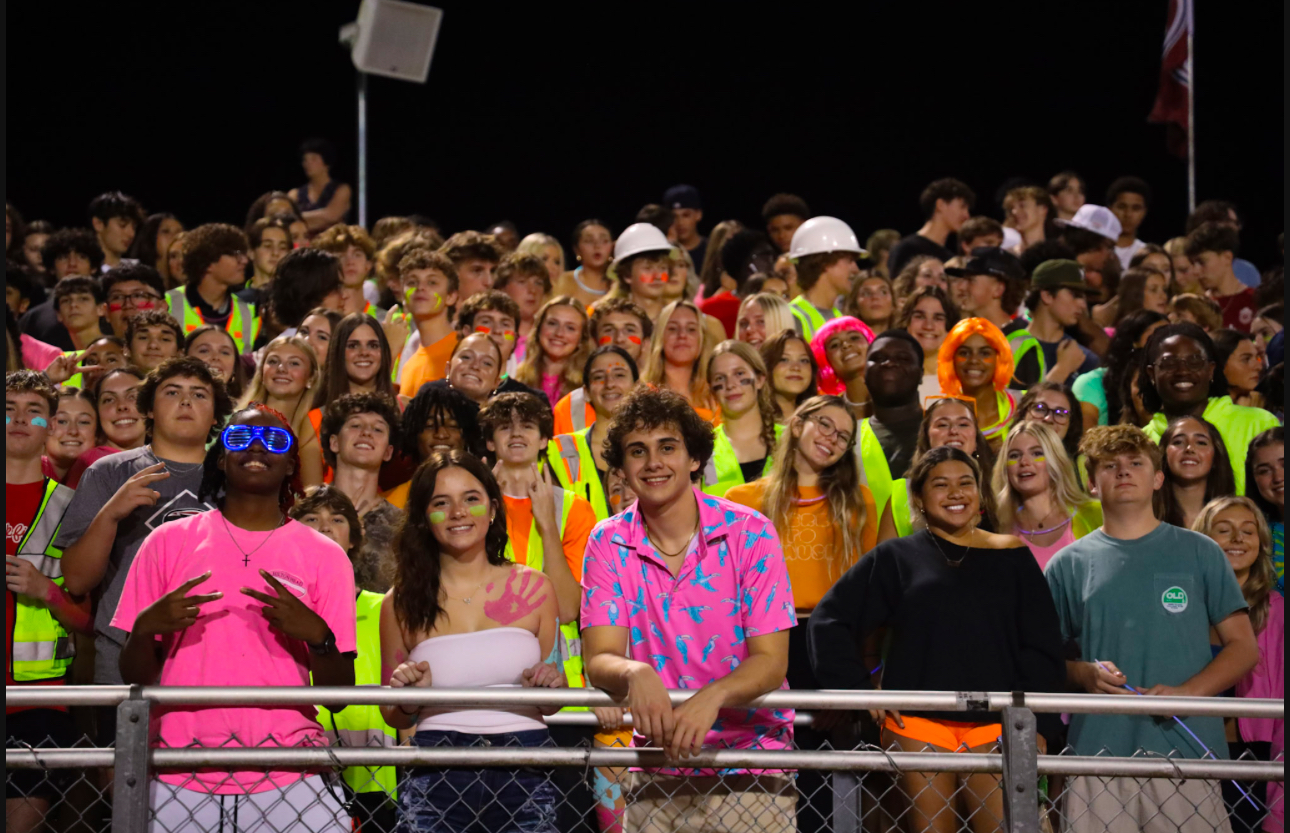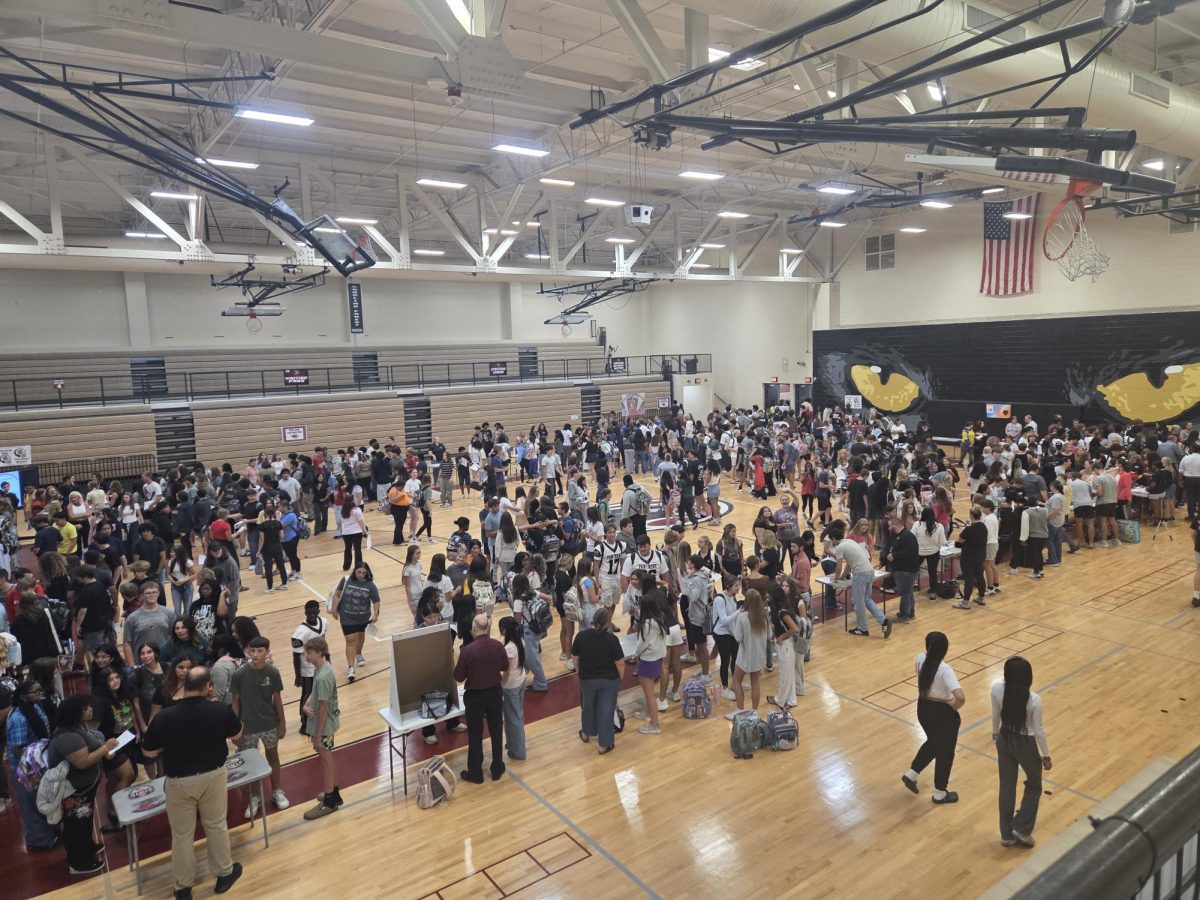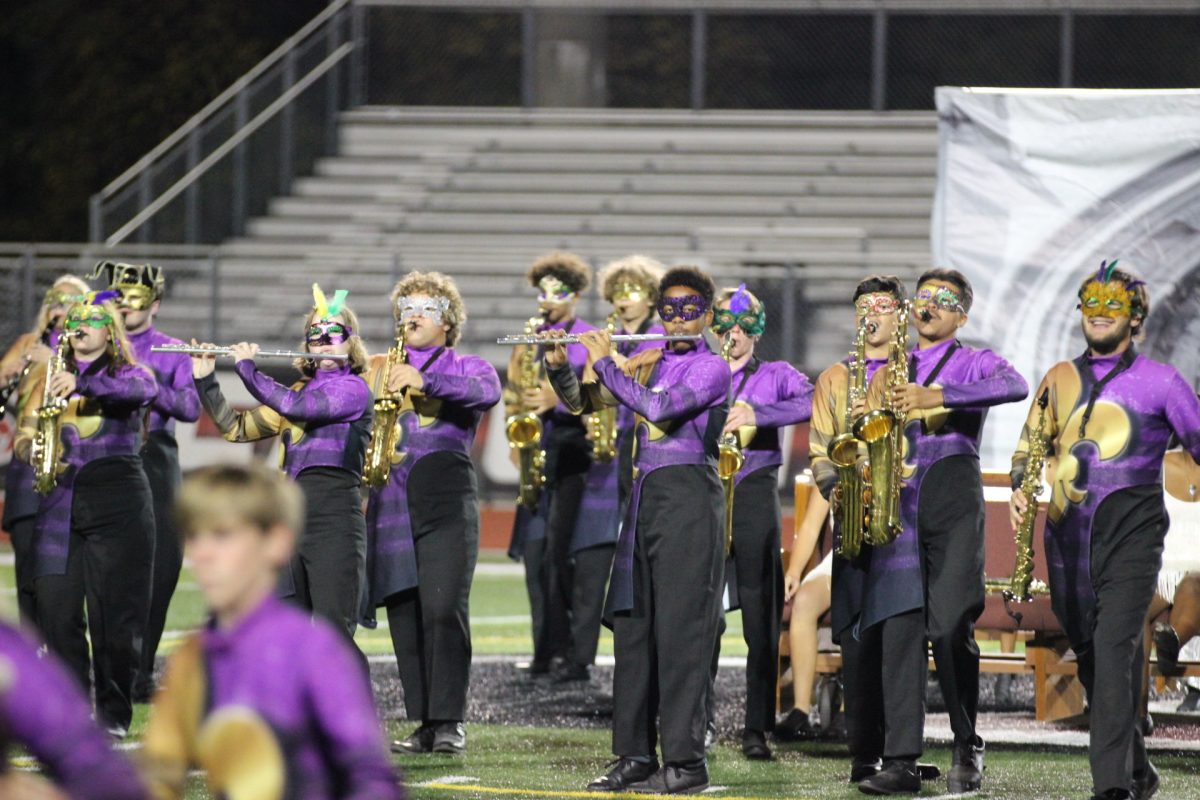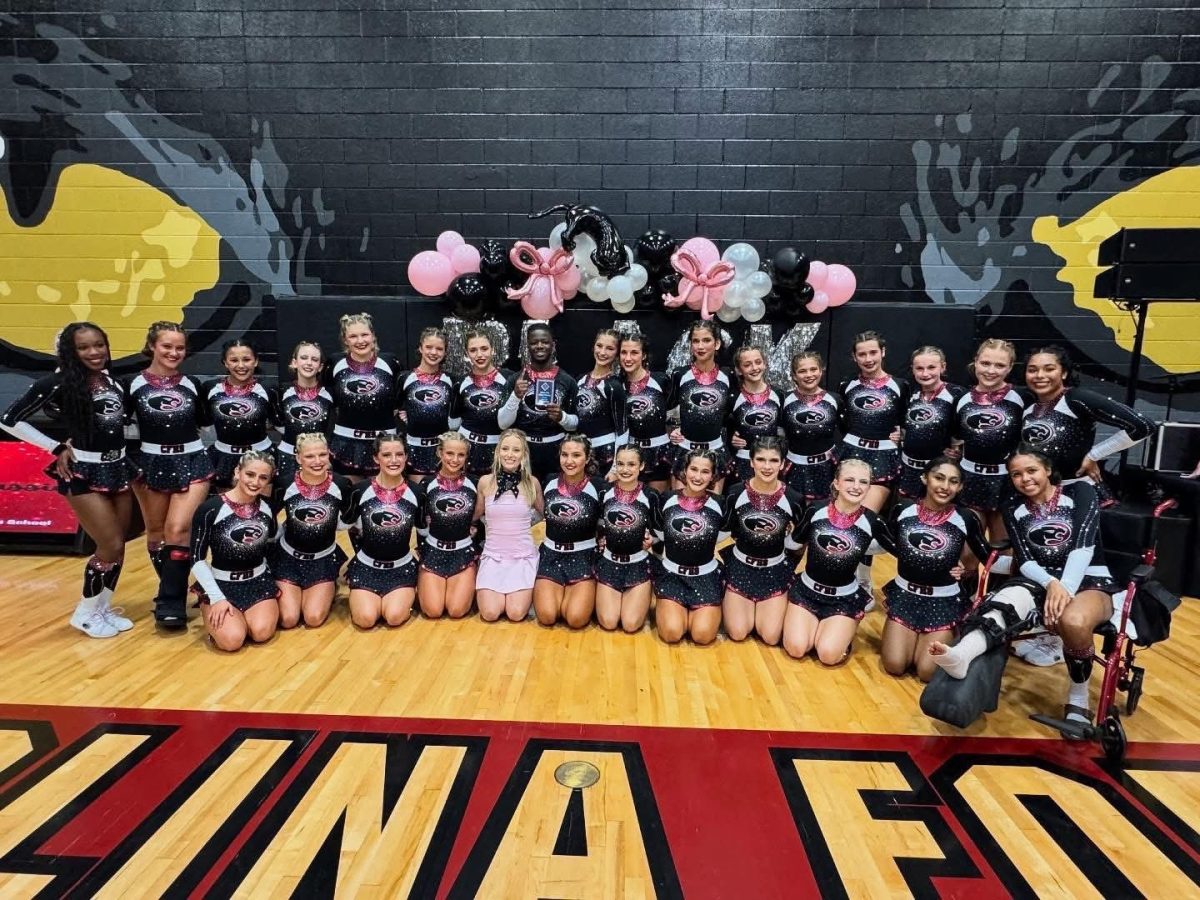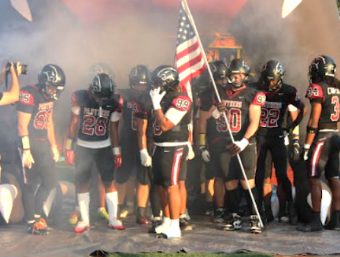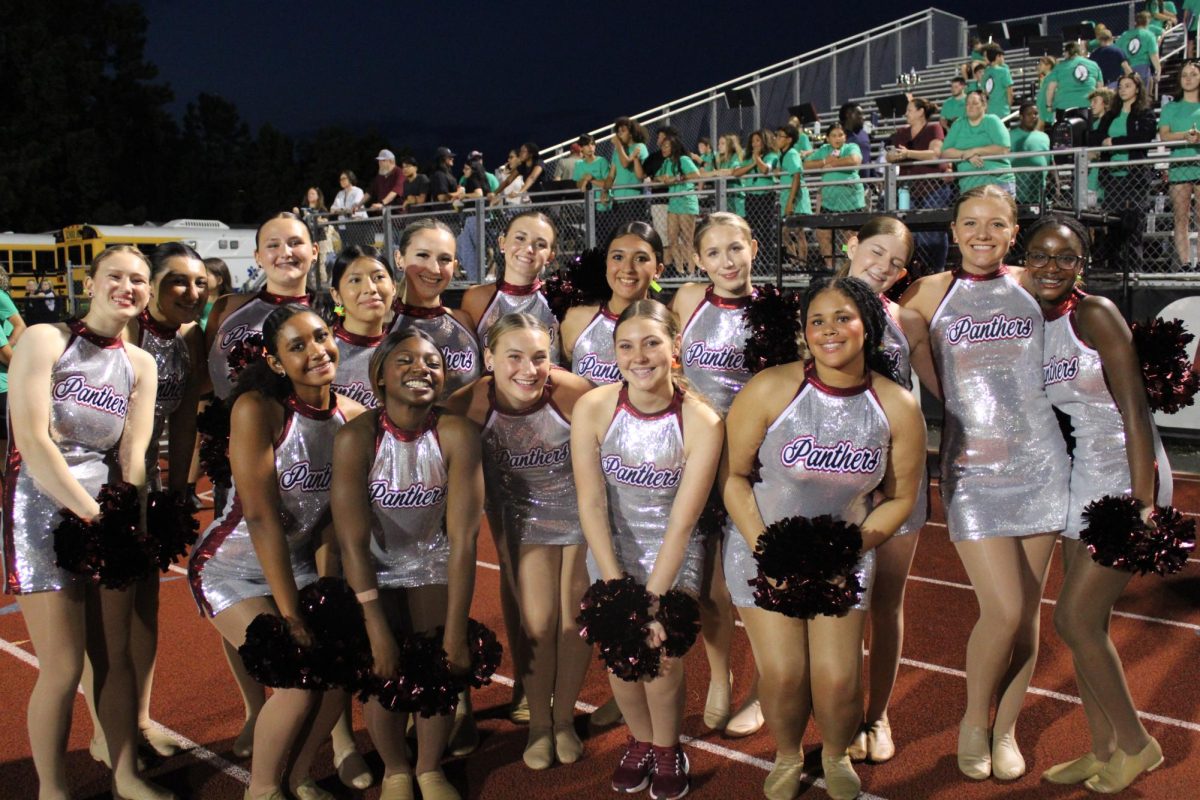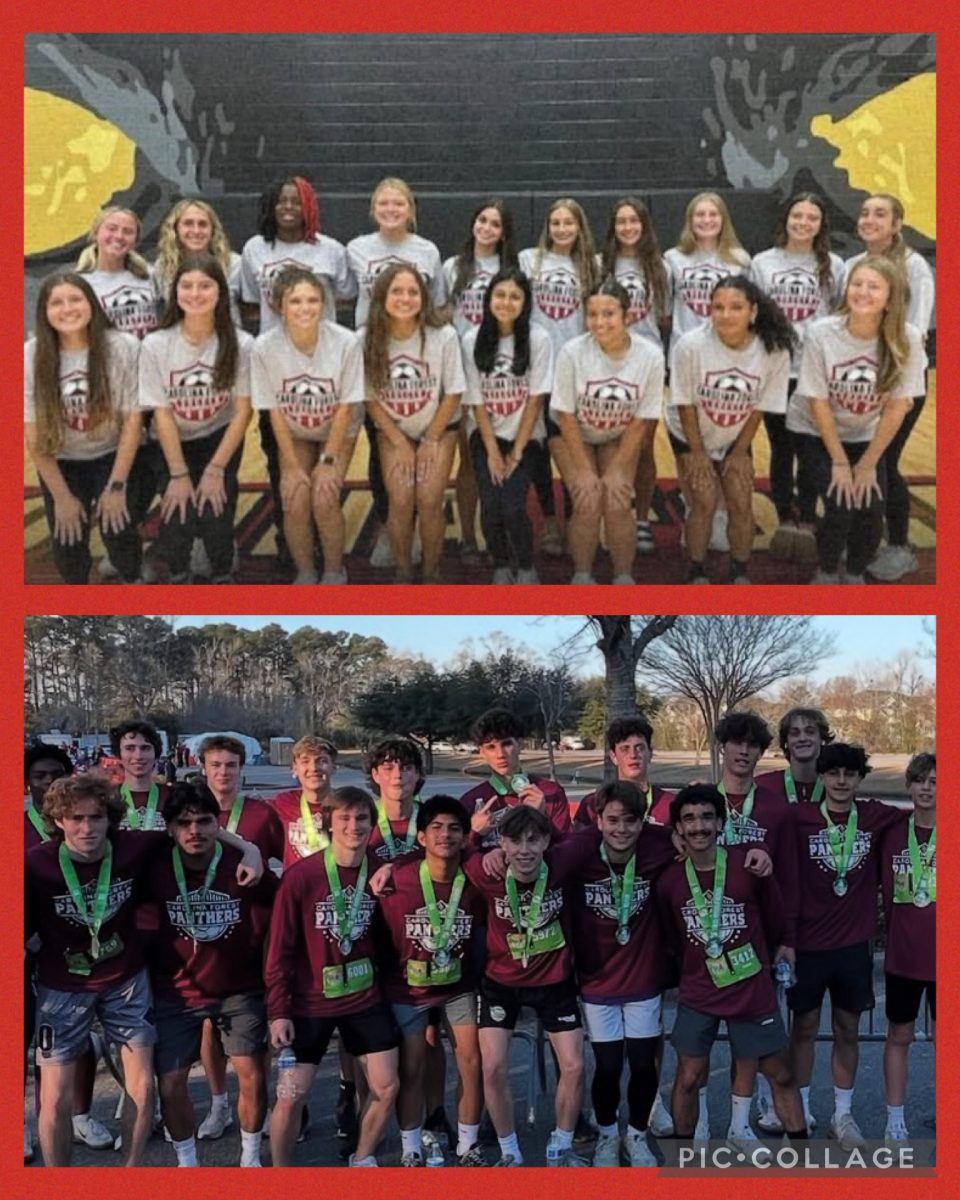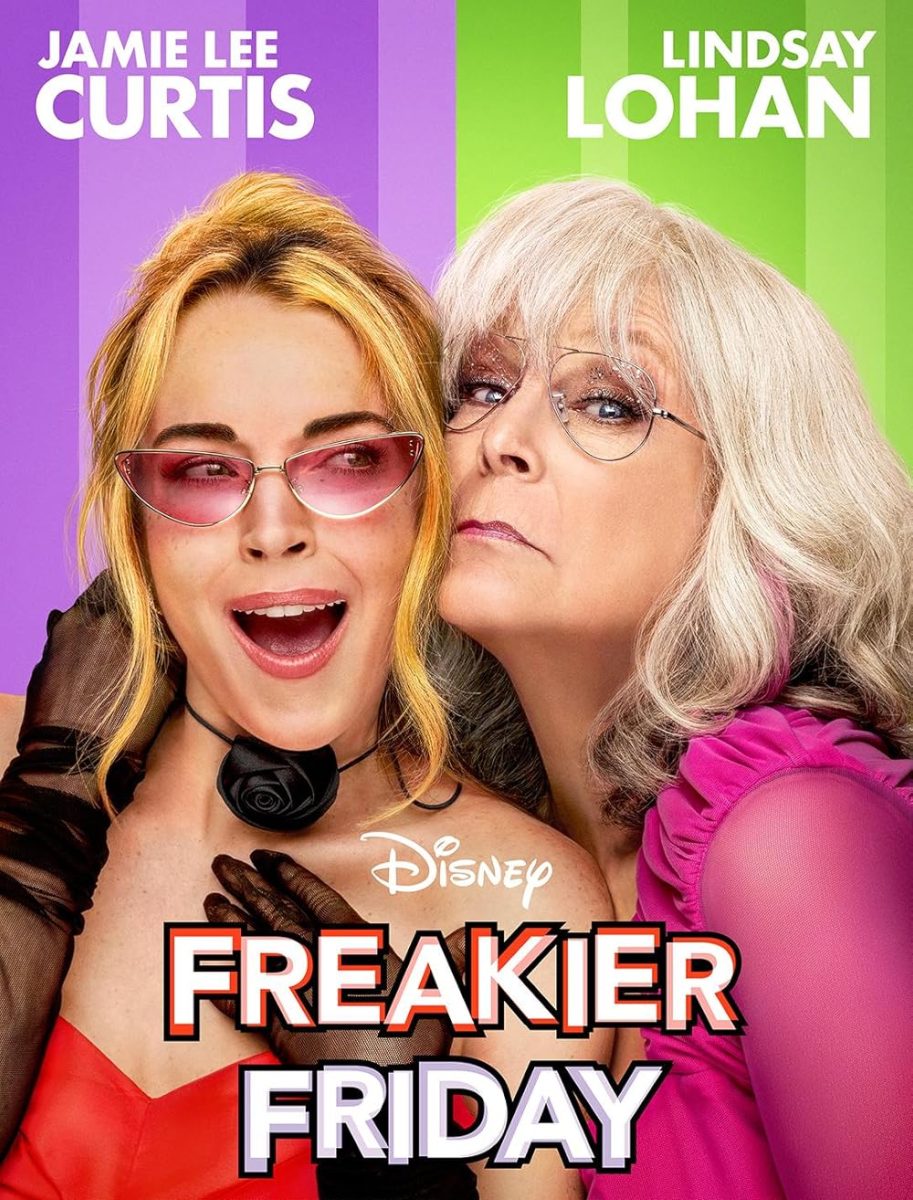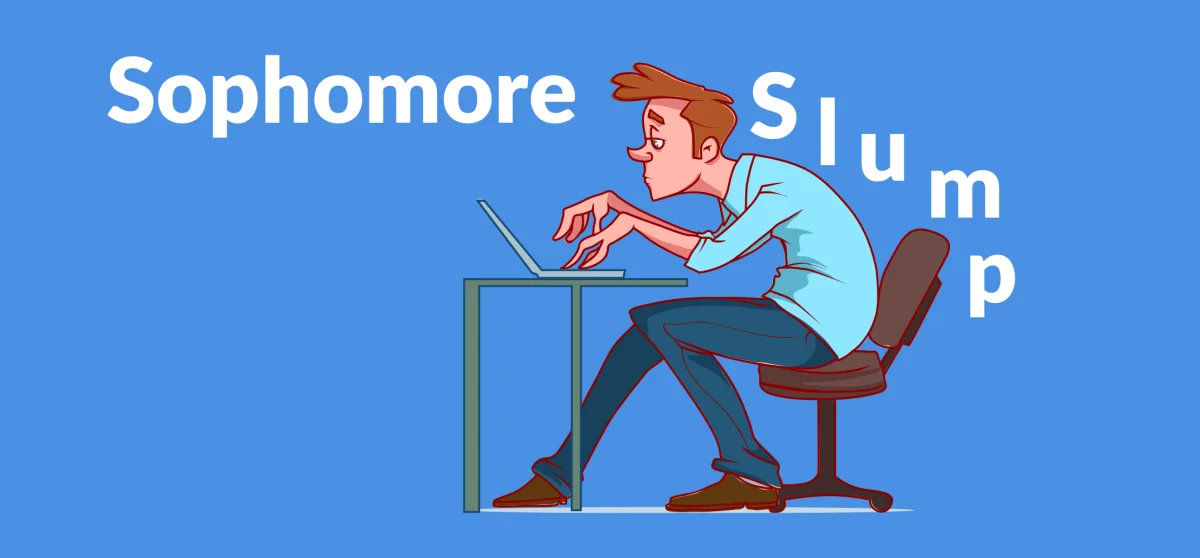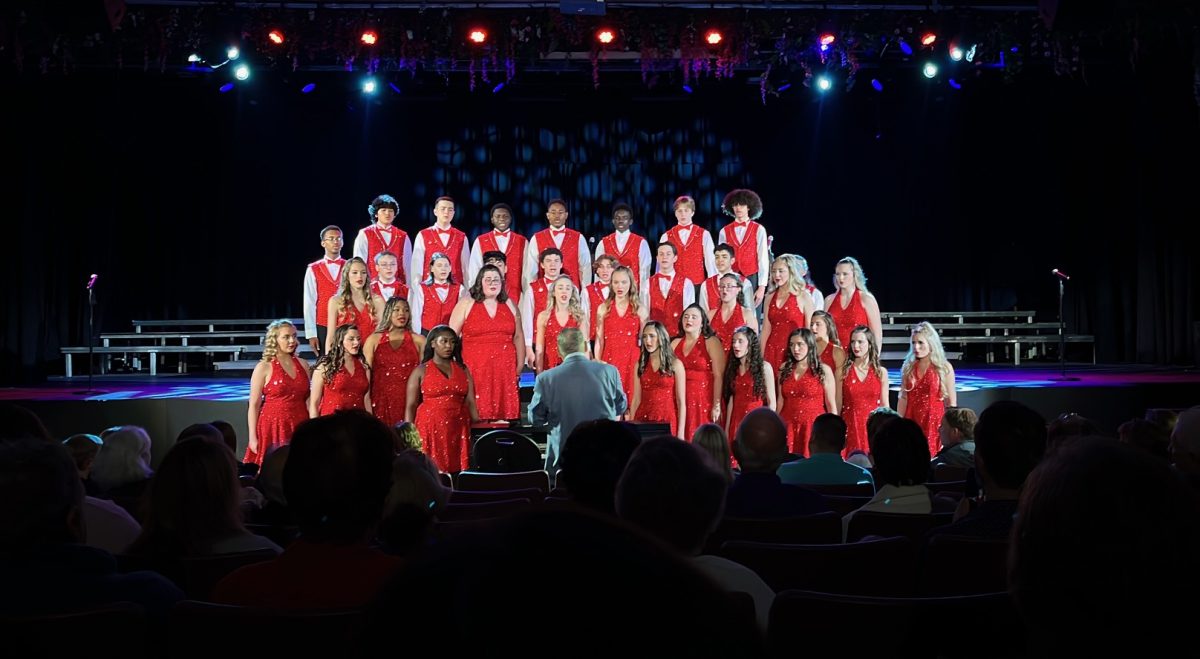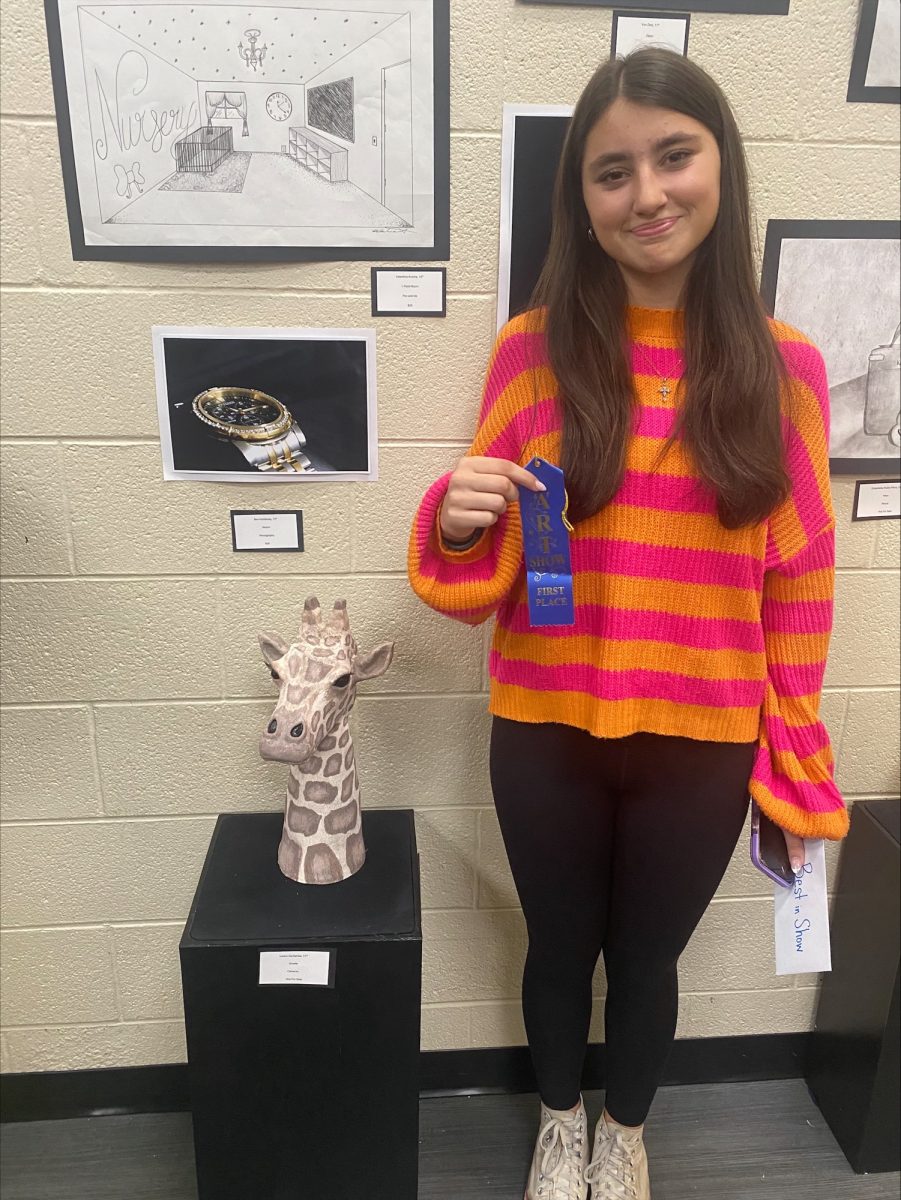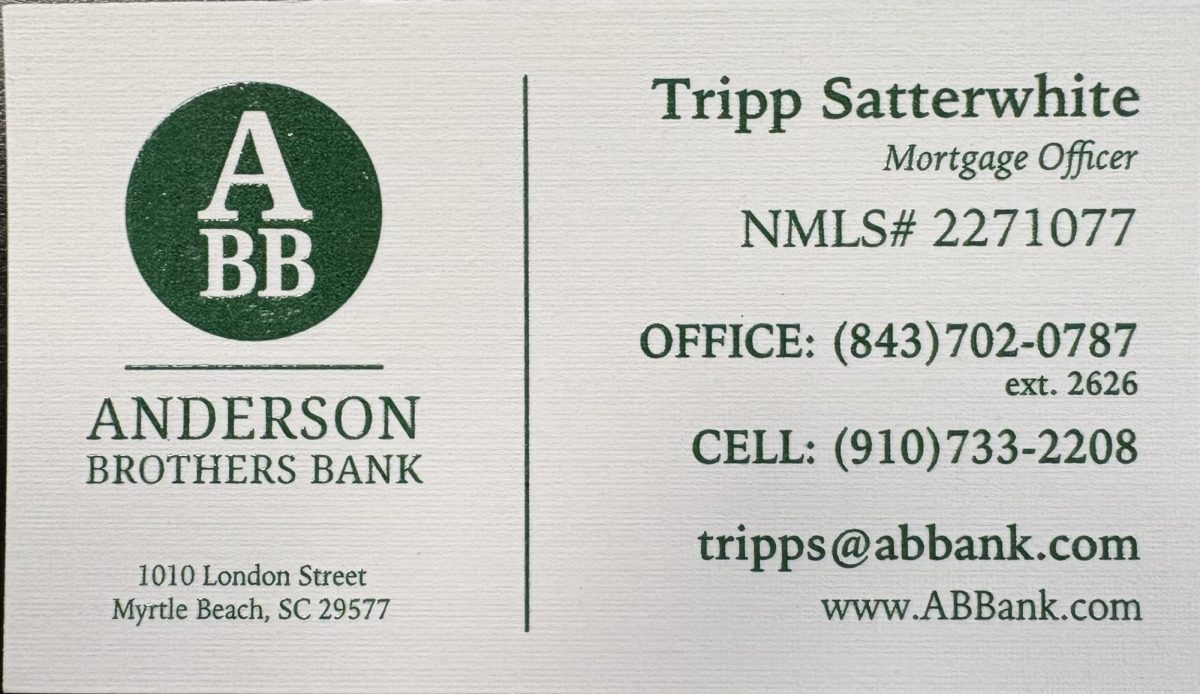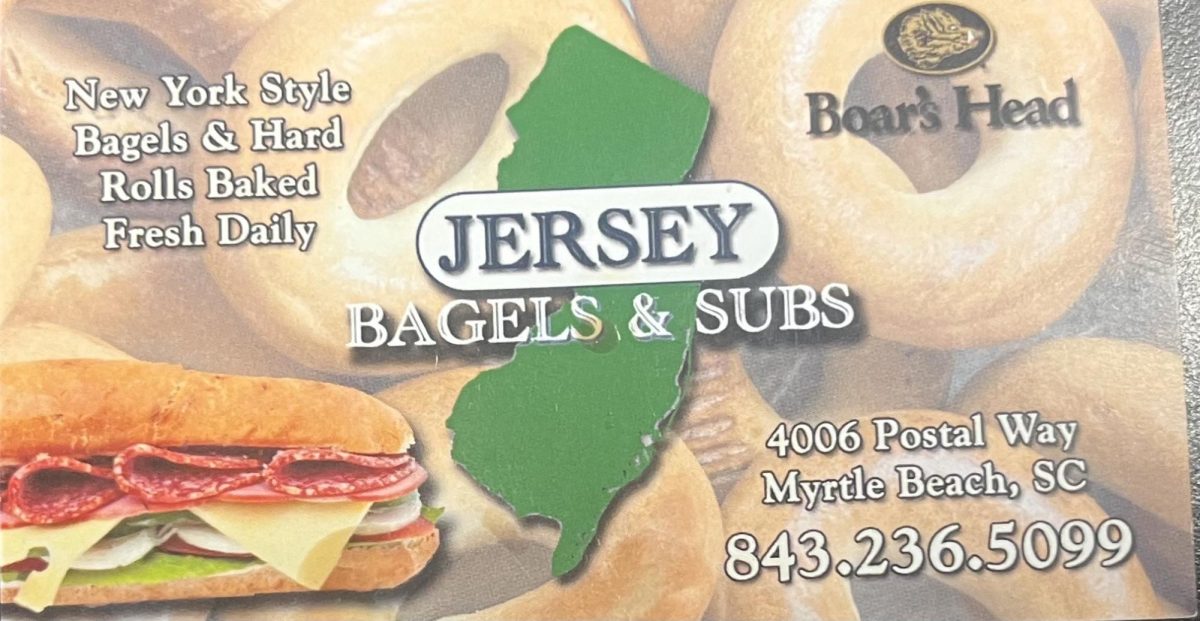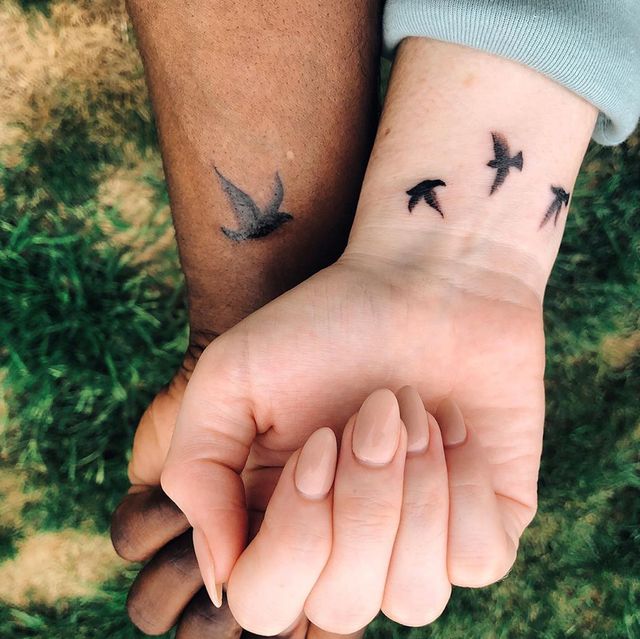Tattoos – A New Culture
March 28, 2021
Tattoos have been experiencing a surge in popularity in recent years. While the art of tattooing has existed for more than thousands of years, it has been a bit taboo until recent years. The push for universal acceptance has caused more people to be interested in tattoos and for tattooed individuals to stop hiding their ink. A younger and more relaxed generation has also aided with tattoo popularity, with many high schoolers getting tattoos when they become 16 or 18, depending on the area.
There are some cultures that have a closed mindset. South Korea, for example, has underground tattoo parlors because tattooing is heavily scrutinized. People with tattoos have to keep them covered all the time while in public so as to avoid harassment. If they choose to keep their tattoos open and visible, they are looked at with disgust and are branded as criminals. On the opposite end, there are some cultures that have always embraced tattoos. Samoans and Polynesians, the native ethnicities of Hawaii, have tattooing integrated into their culture. For hundreds of years, many Hawaiians feel that tattoos protect their spiritual well being and health, as well as for simple reasons, such as decoration and uniqueness.
Many students and teachers in Horry County have embraced the “tattoo culture.”
“I was 20 when I got my first tattoo,” says Ms. Sarah Brown, a teacher at Carolina Forest High School. “I love tattoos, and it was something that I did for myself to kind of take control of my life.”
Horry County Schools have a very strict dress code for staff and teachers when it comes to tattoos. According to the HCS Employee Handbook, teachers and staff must cover their tattoos. The handbook states, “Professional work attire will cover many cases of visible tattoos. In the event that an employee has a tattoo in an area that is difficult to cover with clothing, there are cosmetic products available to provide coverage.”
These restrictions are a tad bit too extreme, in my opinion. Due to the severe guidelines, it has the potential to cause unhealthy working environments and discrimination. In today’s society, however, tattoos are embraced as art on skin; therefore, there shouldn’t be such harsh rules for staff to cover their tattoos.
“I have always tried to respect the dress code for teachers. I try to cover them up as much as I can, but I do not use bandages, etc. Some principals are adamant about it being covered; others are just asking you to be respectful to the dress code,” states Ms. Brown. “I get paranoid if district personnel is coming in for a visit or something along those lines.”
Despite the HCS strict guidelines for teachers, our society doesn’t bat an eye when it comes to celebrities that are covered in tattoos. People like Dwayne “The Rock” Johnson, Justin Bieber, Miley Cyrus and Rihanna have tattoos, but the public doesn’t pay attention to them because of their tattoos; they pay attention to them because of their talents. Why shouldn’t staff and teachers be treated the same?
Furthermore, students are allowed to display their tattoos at school but aren’t allowed to have them be seen in things such as senior banners. One of my teammates, Lizzie Oliver, has a forearm tattoo, and she was required to cover it up for her senior banner.
“I felt like it was a limitation in the ability to express myself,” states Oliver. “I feel like the rules revolving around tattoos and piercings are based on old school traditions. They don’t apply to today’s world as much as they used to.”
I’m going to get a tattoo during this upcoming spring break. I don’t plan on purposefully covering them up.
In conclusion, tattoos do not affect the performance of an individual, nor should they affect someone’s perception of that individual. Tattoos are art within skin and can have significant meaning to people. Ridiculing tattoos doesn’t take them away.
“Tattoos are not evil. They are an expression of individuality,” adds Brown. “A sunflower on someone’s foot should not be considered offensive. Tattoos are great relationship builders with students because it gives them an insight to our personalities. It also offers comfort for students to see teachers as “humans” and not robots. We connect differently.”
